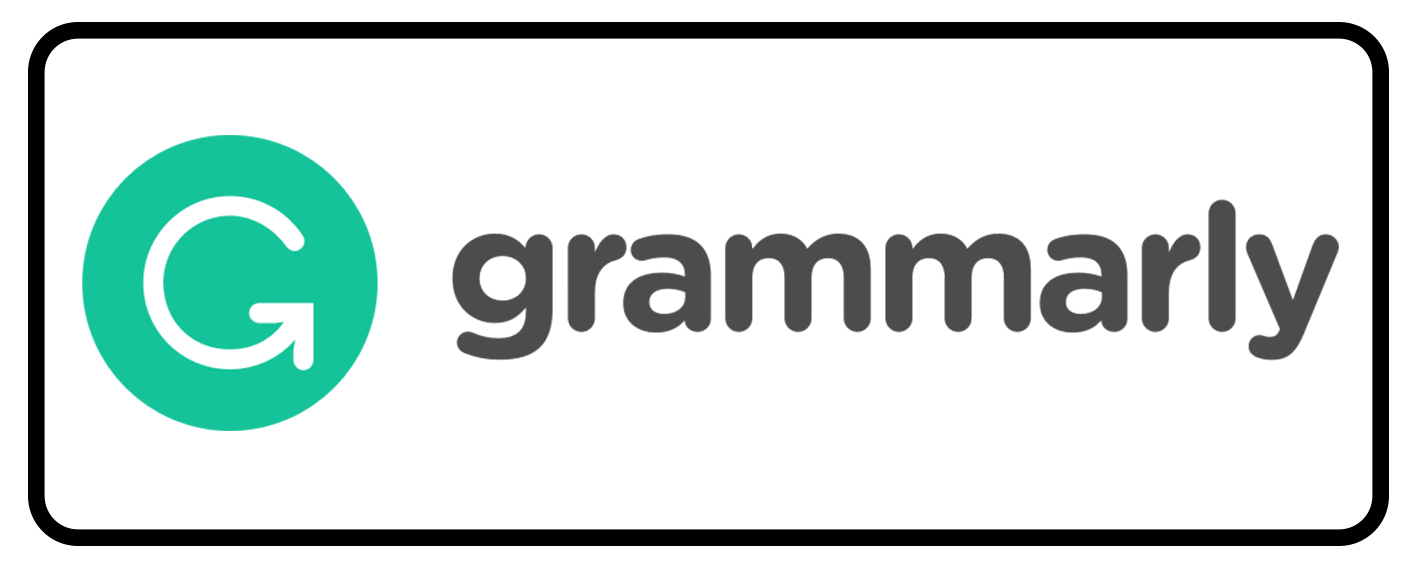THE EFFECT OF MUSIC PREFERENCE ON LEARNING OUTCOMES IN SOLFEGIO COURSES
Abstract
Keywords
Full Text:
PDF BAHASA INGGRISReferences
Arikunto, Suharsimi. (2010). Research Procedure: A Practical Approach. Jakarta: RinekaiCipta.
Aysia, DAY, & Palit, HC (2014). Effect of Music Preference on Mental Work Performance (Doctoral dissertation, Petra Christian University).
Azwar, S. (2003). Preparation of the Psychological Scale, Yogyakarta: Student Library.
Bourdieu, P. 1984. Distinction: a social critique of the judgment of time. Cambridge: Harvard University Press (La Distinction, Paris: Minuit, 1979).
Djohan. (2009). Musical Emotion Response, Joglo Alit Publisher, Yogyakarta.
Gilbert, D. (2018). “It's Just the Way I Learn!”: Inclusion from the Perspective of a Student with Visual Impairment. Music Educators Journal, 105(1),21-27.
Hamzah, A. 2010. The relationship between music preference and risk taking behavior teenager. Jakarta:UIN
Husna, MN (2016). Application of the Solfeggio Method for School Level Students Junior High School (Smp) Class Vii. Journal of Educational Research, 17(1).
Kotler, Philip (2005). Marketing Management, 11th edition, Volume 2, Jakarta : Prenhalindo
Larson, S. (1993). The Value of Cognitive Models in Evaluating Solfege Systems. Indiana Theory Review,14(2), 73-116. Retrieved February 18, 2021, from http://www.jstor.org/stable/24045329
Novenanto, A. (2018). Habitus: A Feeling of Place. Study Journal Socio-Cultural Space, 2(1), 153-159.
Saputra, D. N. (2021). Learning Innovation through Freedom Learning Management in Music Education Program. Education, Sustainability & Society (ESS), 4(2), 43-49.
Schwartz, KD, & Fouts, GT (2003). Music preferences, personality style, and developmental issues of adolescents. Journal of Youth and Adolescence, 32(3), 205–213.https://doi.org/10.1023/A:1022547520656
Shaleha, RRA (2019). Do re mi: Psychology, music and culture. Bulletin psychology, 27(1), 43-51.
Sukmadinata, Nana Syaodih. (2013). Educational Research Methods (Approach Quantitative, Qualitative and R&D).Bandung: Alphabeta.
Sugiyono. 2013. Educational Research Methods Quantitative Approach, Qualitative, and R&D. Bandung: Alphabeta.
Utama, S. (2017). Preference for Hardcore Music in Teens in the Community Yogyakarta Hardcore (Doctoral dissertation, Indonesian Institute of the Arts Yogyakarta).
Zhukov, K. (2017). Experiential (informal/non-formal) practice does not improve sight-reading skills. Musicae Scientiae, 21(4), 418-429.
DOI: http://dx.doi.org/10.30872/calls.v9i1.7879
Copyright (c) 2023 Clemy Ikasari Ichwan, Tjut Etty Retnowati

This work is licensed under a Creative Commons Attribution-ShareAlike 4.0 International License.
Editorial address:
Fakultas Ilmu Budaya, Universitas Mulawarman
Address: Jl. Ki Hajar Dewantara, Gunung Kelua, Kec. Samarinda Ulu, Kota Samarinda, Kalimantan Timur, Indonesia 75123
Email: jurnalcalls@fib.unmul.ac.id
Website: http://e-journals.unmul.ac.id/index.php/CALLS

CaLLs: Journal of Culture, Arts, Literature, and Linguistics site is licensed under a Creative Commons Attribution-ShareAlike 4.0 International License
CaLLs: Journal of Culture, Arts, Literature, and Linguistics indexing by:















